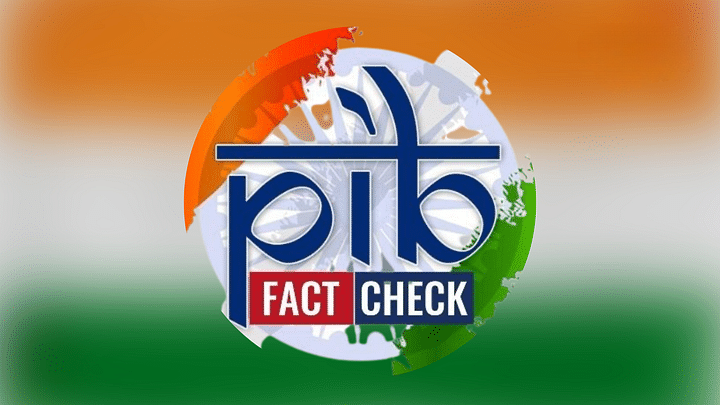PIB Fact Check Unit (FCU)

- 22 Mar 2024
Why is it in the News?
Recently, the Supreme Court stayed the Centre’s notification of the Fact Check Unit (FCU) under the Press Information Bureau (PIB) until the Bombay High Court arrives at a final decision on the challenge to the amended Information Technology (IT) Rules.
Background:
- Under the Government of India (Allocation of Business) Rules, 1961, the Ministry of Information and Broadcasting (MIB) is entrusted with the responsibility of disseminating information about government policies, schemes, and programs through various mediums of communication.
- In fulfilling its role, the Ministry publicizes the policies, initiatives, schemes, and programs of the Government of India through press releases, press conferences, webinars, publication of books, etc.
- To carry out this crucial function, the Ministry has several attached and subordinate offices, including the Press Information Bureau (PIB).
- A significant aspect of the responsibility of facilitating public information about the functioning of the Government of India involves countering the dissemination of fake, false, and misleading information.
- The PIB has been carrying out this function for a long through a wide distribution of accurate and reliable information, issuing rebuttals, etc.
- In the age of social media where information spreads rapidly, the spread of fake and manipulated information, especially related to the functioning of a democratically elected Government, is dangerous to society as it has the potential to intensify social, economic, and political conflicts, weaken public trust in democratic institutions, and even endanger the life of the citizens.
What is the PIB Fact Check Unit (FCU)?
- The Press Information Bureau has been at the forefront of taking proactive measures to combat fake news related to the Government of India.
- In November 2019, PIB established a Fact Check Unit (FCU) to tackle the issue of fake news about the Government of India, its various ministries, Departments, Public Sector Undertakings, and other Central Government organizations.
- The unit verifies claims about government policies, regulations, announcements, and measures.
- Through an established rigorous fact-checking procedure, the PIB Fact Check Unit helps dispel myths, rumors, and false claims and provides accurate and reliable information to the public.
Organization
- The PIB Fact Check Unit is headed by a senior DG/ADG level officer of the Indian Information Service (IIS).
- The day-to-day operations of the Unit are handled by IIS officers at various levels. The Unit reports to the Principal Director General, PIB who functions as the Principal Spokesperson of the Government of India.
Fact-Check Mechanism
- Users send requests over WhatsApp, email, or a web portal. Each such request received is considered a ‘Query’.
- Queries are segregated by the Unit based on their relevance to matters about the Government of India.
- Only queries about the Government of India are considered and taken up as Actionable Queries, while others are deemed not relevant for action.
- The information in question is checked rigorously through multiple layers of cross-checking through Government Open-source information, use of technological tools, and verification from the concerned Government of India organization.
- Should the Unit come across a piece of information that the Unit ascertains must be busted publicly for the larger benefit of the people of India, after investigation and verification from official & authoritative sources, it publishes a 'Fact Check' on its social media platforms.
- Often a single fact check can be a result of multiple queries.
Fact-checked content can be segregated into the following three categories:
- Fake: any factually incorrect news, content, or, piece of information related to the Government of India, spread intentionally or unintentionally, that can deceive or manipulate the audience, with or without the intention to cause potential harm, can be flagged as Fake
- Misleading: any information presented, either partially true or with selective presentation of facts or figures or with distortion of facts or figures and to deceive or mislead the recipient of the information.
- True: any information that is found to be factually correct after investigation
